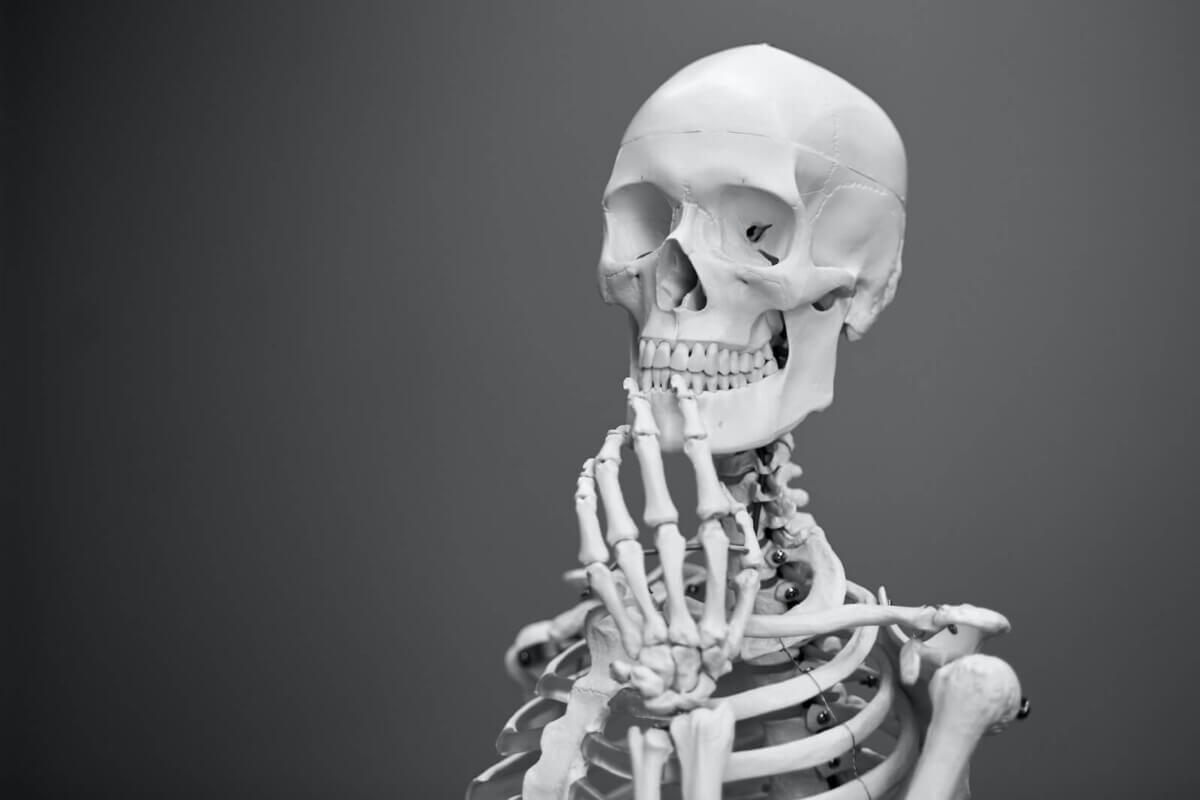
Photo by Mathew Schwartz by Unsplash
MINNEAPOLIS — Strong bones may promote strong thinking skills throughout life, according to researchers working with the American Academy of Neurology. Scientists from the Netherlands report that people with low bone density may have an increased risk of developing dementia in comparison to others with more bone density.
“Low bone density and dementia are two conditions that commonly affect older people simultaneously, especially as bone loss often increases due to physical inactivity and poor nutrition during dementia,” says study author Mohammad Arfan Ikram, MD, PhD, of the Erasmus University Medical Center, in a media release. “However, little is known about bone loss that occurs in the period leading up to dementia. Our study found that bone loss indeed already occurs before dementia and thus is linked to a higher risk of dementia.”
In all, this project included 3,651 people living in the Netherlands (average age: 72 years-old) who did not have dementia at the beginning of the study period. Then, over an average period of 11 years, 688 participants (19%) developed the disease.
Meanwhile, the team examined X-rays to gauge bone density among participants. They also interviewed each person every four to five years and had them complete physical tests including bone scans and dementia examinations. Among the 1,211 people displaying the lowest total body bone density levels, 90 developed dementia within 10 years. In comparison, only 57 of the 1,211 with the highest bone density received a dementia diagnosis during the same period.

- stock.adobe.com)
When researchers adjusted for additional factors including age, sex, education, other illnesses, medication use, and a family history of dementia, they found that within 10 years, those with the lowest bone density levels were 42 percent more likely to develop dementia than others in the highest bone density group.
“Previous research has found factors like diet and exercise may impact bones differently as well as the risk of dementia,” Dr. Ikram adds. “Our research has found a link between bone loss and dementia, but further studies are needed to better understand this connection between bone density and memory loss. It’s possible that bone loss may occur already in the earliest phases of dementia, years before any clinical symptoms manifest themselves. If that were the case, bone loss could be an indicator of risk for dementia and people with bone loss could be targeted for screening and improved care.”
It's important to note, however, that this work did not prove or conclude that low bone density causes dementia, only that there is a link between the two.
This project had some limitations, including only using participants of primarily European origin who were 70 or older at the start of the study. Thus, results may differ among different races, ethnicities, and younger age groups.
The study is published in the journal Neurology.










